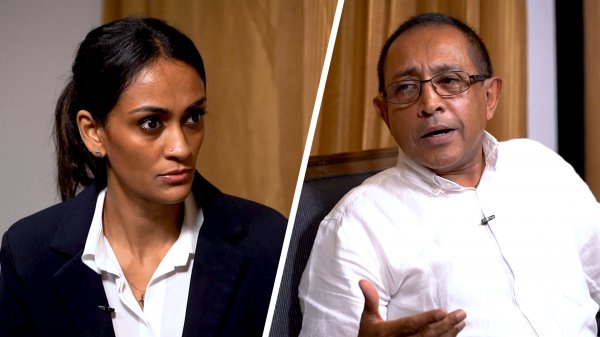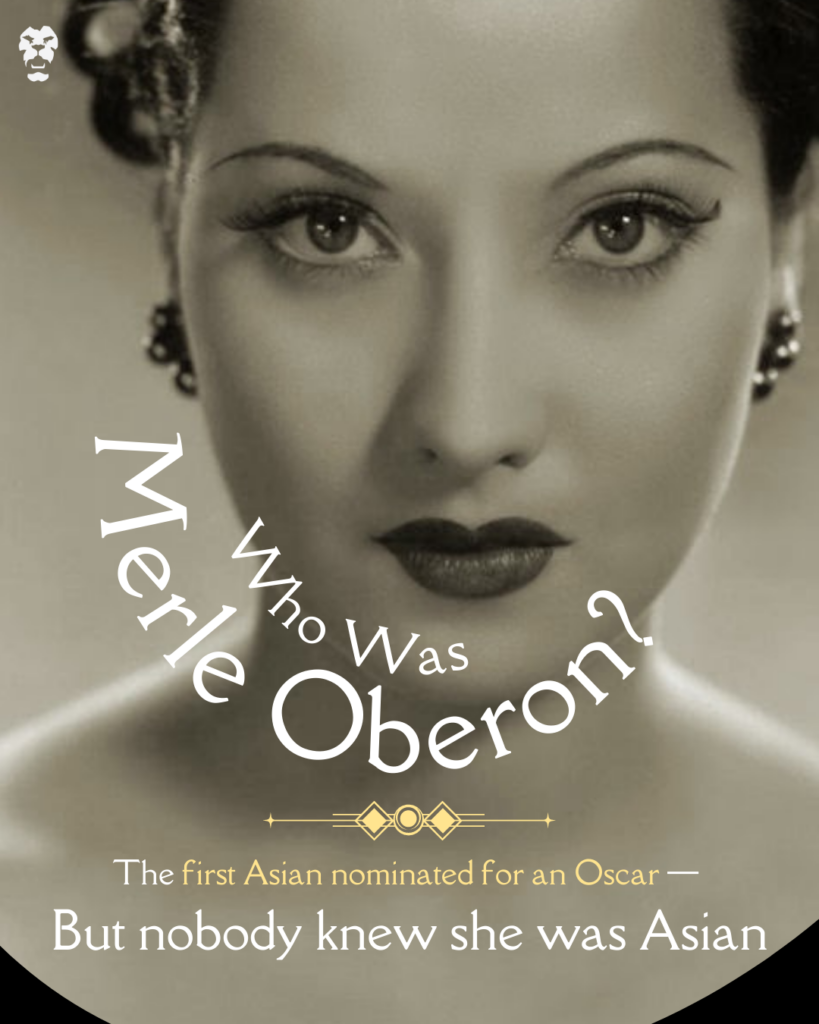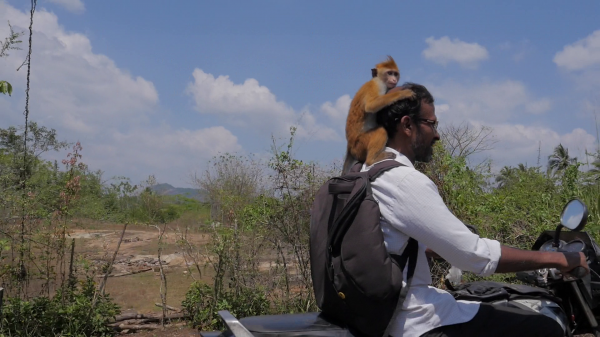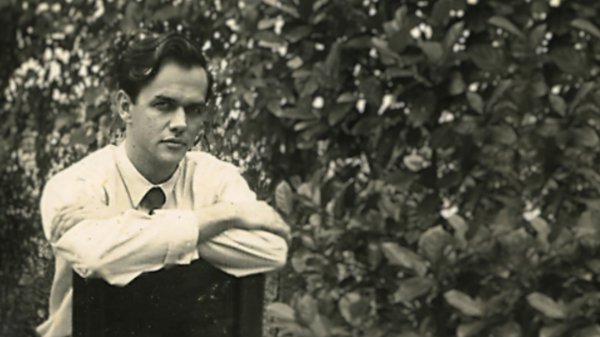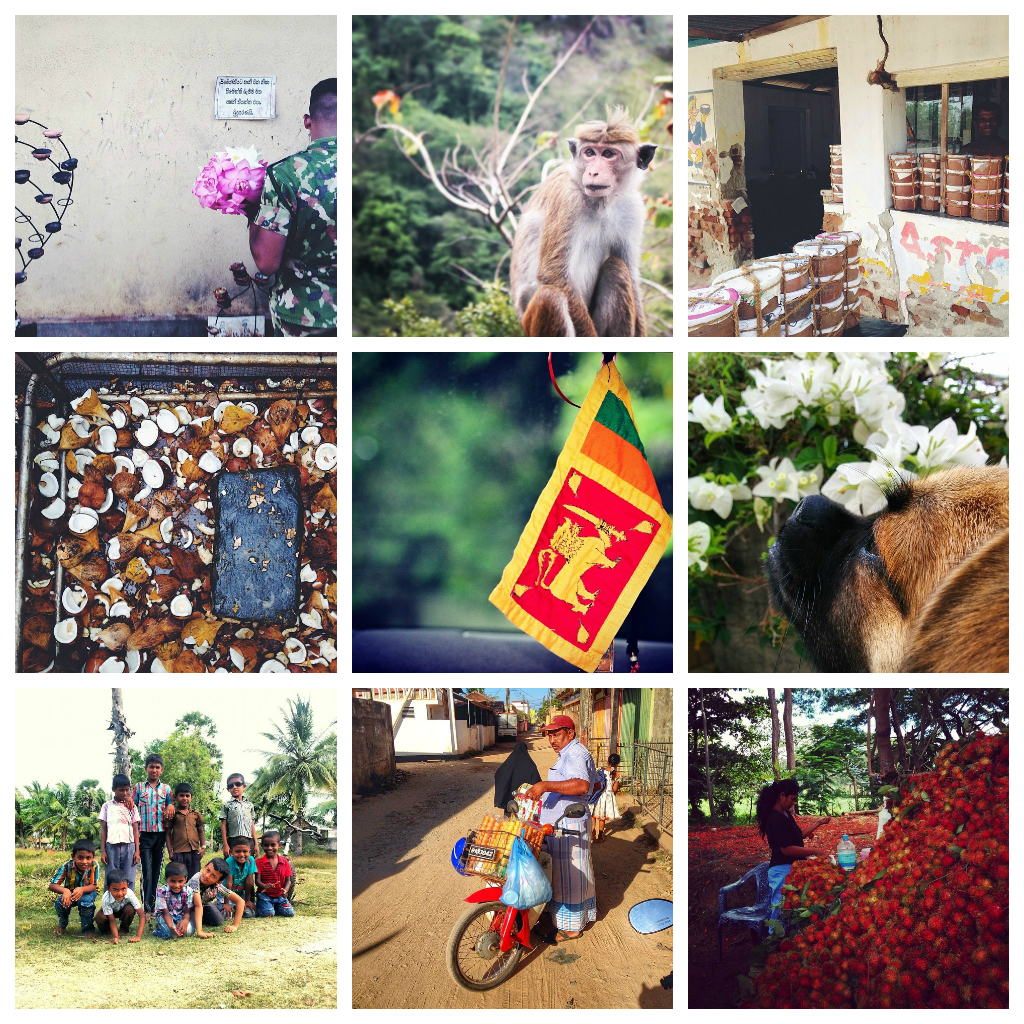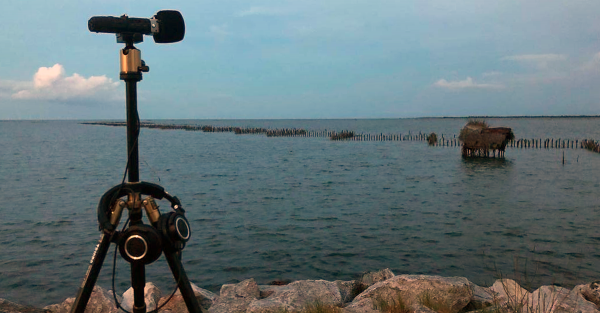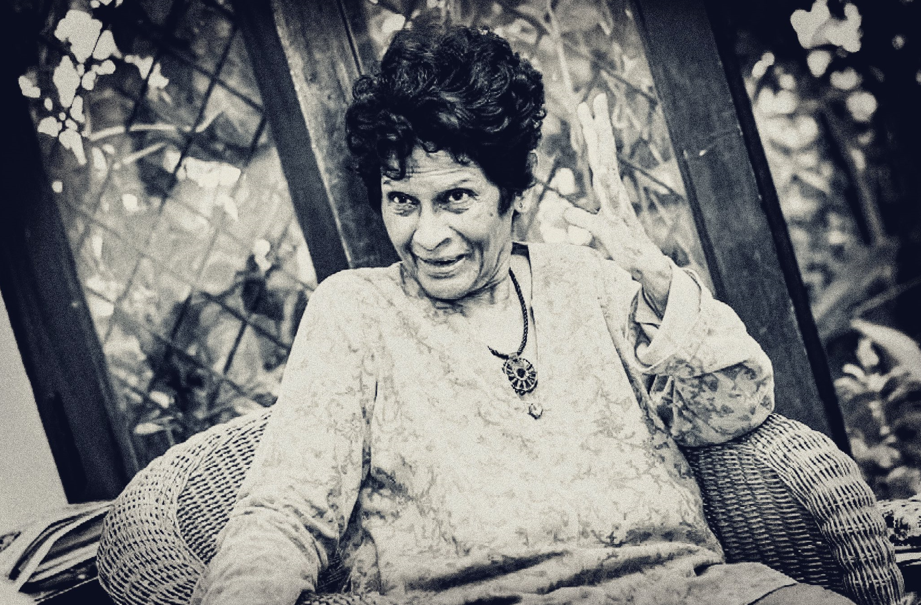
Lawyer and human rights activist Manouri Muttetuwegama, whose most recent role was the Chairperson of the Consultation Task Force on Reconciliation Mechanisms, passed away on Wednesday, 21 July. Muttetuwegama’s pursuit of justice for survivors of war, disappeared persons and war widows spanned three generations. Her early work as a women’s rights advocate and member of the Human Rights Commission of Sri Lanka reflect her lifelong dedication to justice and the rights of Sri Lankan women.
Muttetuwegama was the first child of lawyer, politician and anti-imperialist Colvin R. de Silva, whose leftist values heavily influenced her work. After spending ten years studying law in London and qualifying as a Barrister, she returned home in the 1960s to work as a criminal lawyer — one of the first Sri Lankan women to do so. In her capacity as President of the Sri Lanka Women Lawyers’ Association, she focused heavily on strengthening women’s rights in the country.
In 1994, ten years into the civil war, Muttetuwegama was appointed to chair the very first Disappearance Commission. “War is very much a men’s thing,” she said, explaining that the role of women survivors in wartime — both as needing special protection and assistance and as potential contributors to peaceful solutions — were often overlooked.
Under her leadership, the Consultation Task Force on Reconciliation Mechanisms prioritised the voices and experiences of those directly affected by the war and minority groups who face continued discrimination. She advocated for the inclusion of women in these groups and communities in positions of power and autonomy, saying, “We have asked specifically that women be brought to the forefront of the move to progress. Not just be given a hen coop and a spinning wheel. These women belong in local councils. Their experience, courage and enterprise is based on reality, not on book learning.”
Muttetuwegama’s contribution and legacy to the pursuit of justice is best summed up in her own words: “Justice consists of several incremental steps. Each step constitutes a part of that meaningful journey.”

